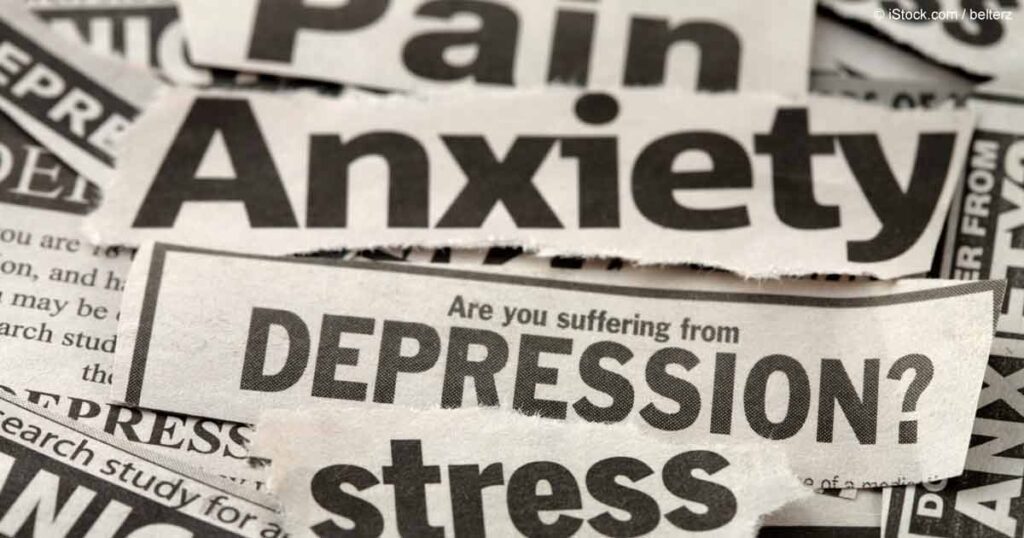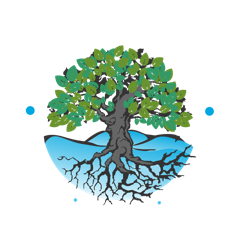
We All Have Wounds that Distress Us Emotionally
When we are born, we naturally aspire toward life, health, and happiness. Our happiness is in fulfilling the life-affirming desires of our heart and realizing our dream. However, during our life, we all experience wounds that cause emotional distress. These wounds produce symptoms of anxiety, depression, physical pain, mental confusion, and weakened relationships with ourselves, others, and the world. Our symptoms alert us to the distress and grab our attention.
Our Parental Adults
If our parental adults lived mostly life-affirming lives and modelled for us how to care for ourselves, we take life-affirming actions to repair and recover from our wounds. As we recover, our anxiety, depression, pain, and confusion resolves, and we move forward, aspiring toward life, health, and happiness.
However, if our parents lived mostly life-denying lives and could not model how to take good care of ourselves, we tend to take life-denying actions that increase and prolong our anxiety, depression, pain, and confusion. We then tend to move forward in one of six ways.
Six Ways of Dealing with Emotional Distress
- We try many ways to feel better, including online research, talking with family or friends, trying to control others, suppressing our emotions, misusing substances, and engaging in hypersexual activities. Since they do not heal our wounds, our emotional distress remains.
- We maintain our distress until it becomes our normal condition, and we resign ourselves to it. We believe we are our symptoms and tell ourselves, “This is just who I am.”
- We don’t seek professional help, get worse, break down, and require professional care in a hospital. This often provides an opportunity to do healing work and learn how to take life-affirming actions.
- We don’t seek professional help, and our emotional distress becomes unbearable. We lose hope of ever feeling better and end our life. This is a tragic, irreversible solution to a temporary problem.
- We reach a point when our distress is so intense that we seek medical care. Our physician prescribes medication that calms our emotions. Since medications do reduce our emotional distress, but do not heal our wounds, we must keep taking them. Often, our meds enable us to avoid addressing the wounds that produce our emotions.
- In addition to or instead of taking medicine, we work with a mental health specialist, learn how to take life-affirming actions, repair and recover from our distress, and resume aspiring toward life, health, and happiness.
Four Key Points to Know about Your Distress
- All living beings, including you, naturally aspire toward life, health, and happiness. Happiness is in fulfilling the life-affirming desires of your heart and realizing your dream.
- We all have life-denying, distressing experiences. There is no way to go from birth to death without them. They’re normal. What matters is what we do about them.
- The emotional distress produced by the wounds of our life-denying experiences is not the problem. Emotions don’t hurt us; they help us. They are our friends alerting us that we’ve been wounded. They both inform us about how we’ve been harmed and fuel our life-affirming response toward recovery.
- When we heal the wounds, our emotional distress resolves, and we naturally resume aspiring toward life, health, and the happiness of fulfilling our life-affirming desires and realizing our dreams.
